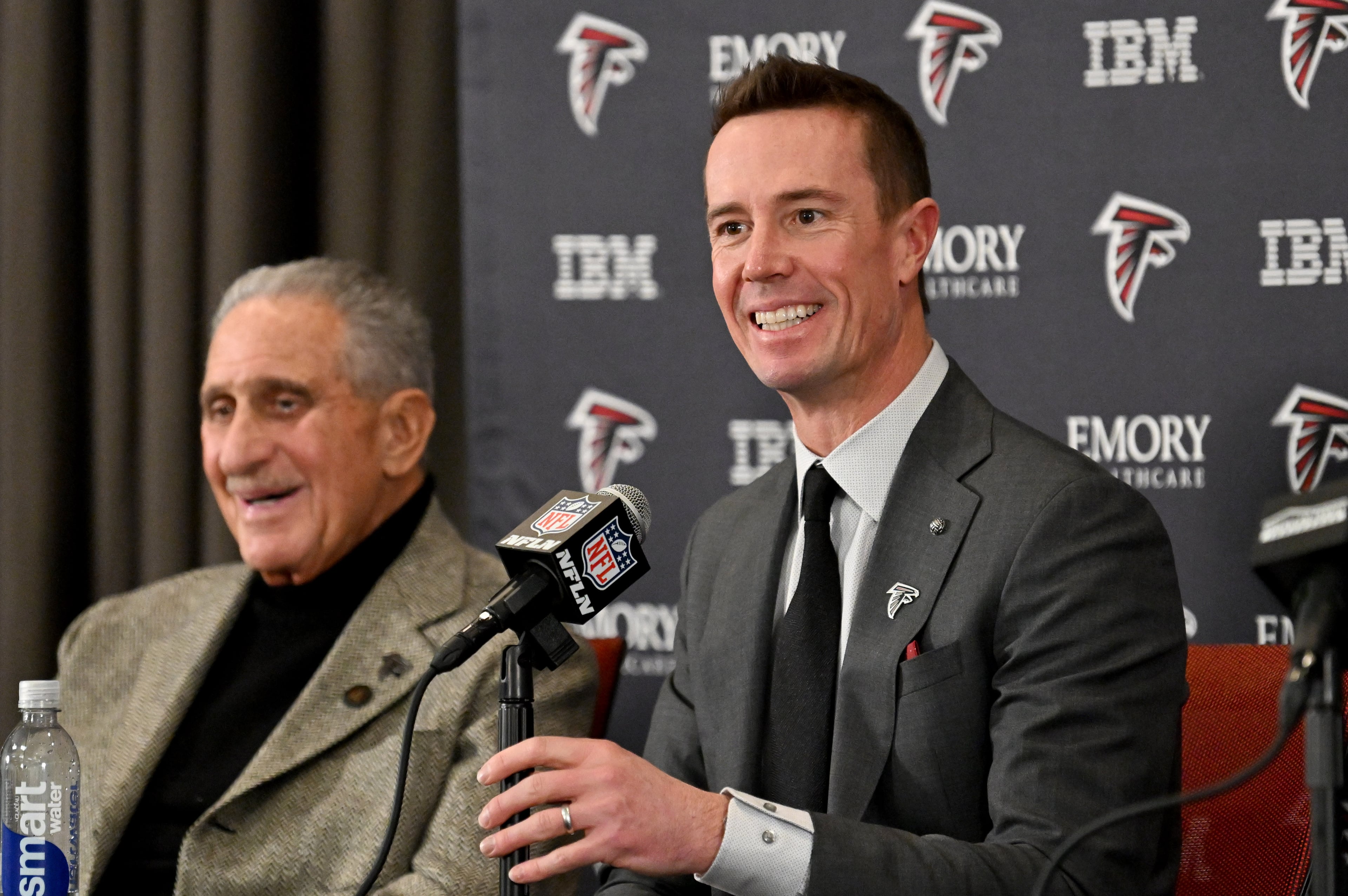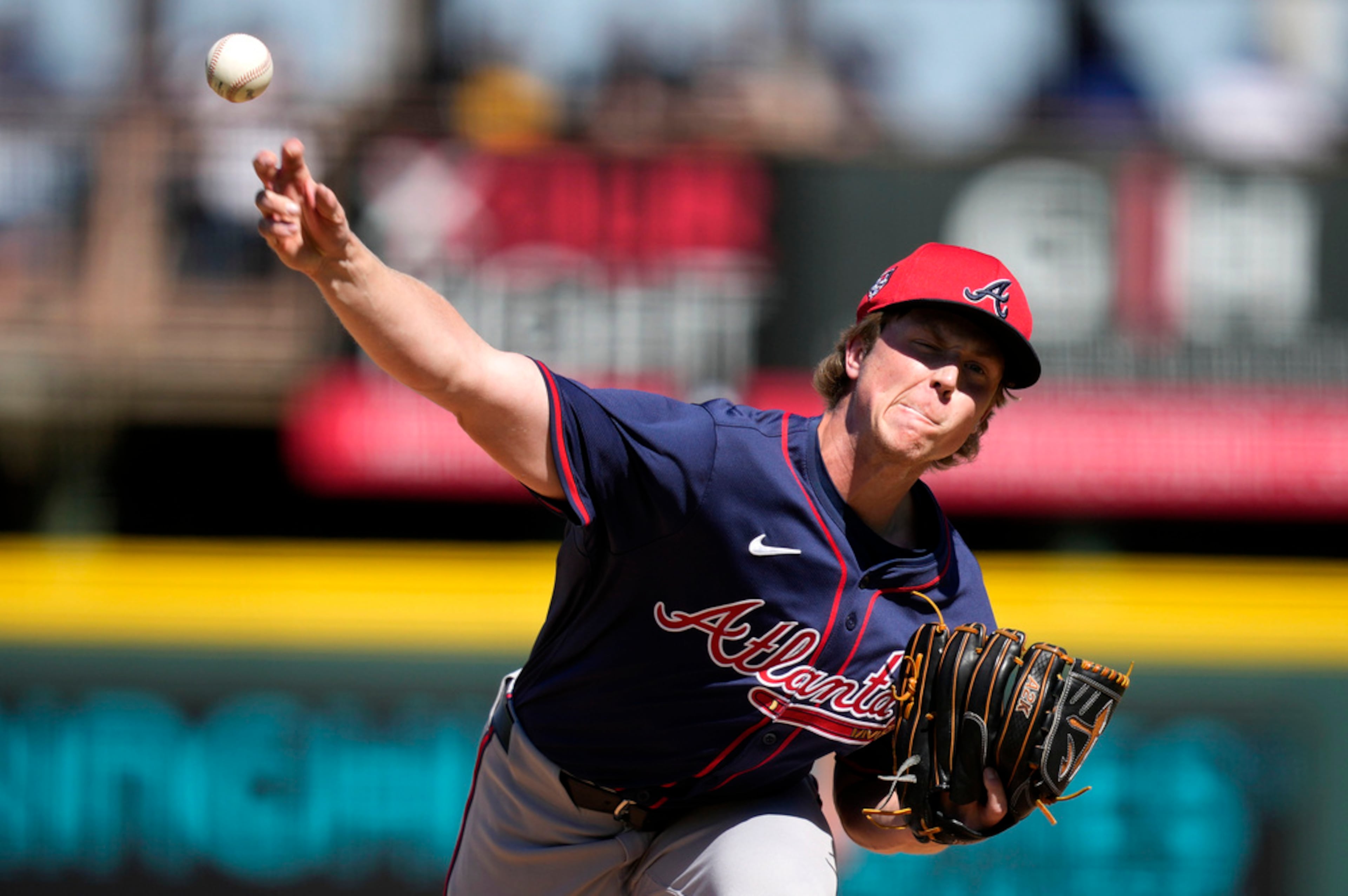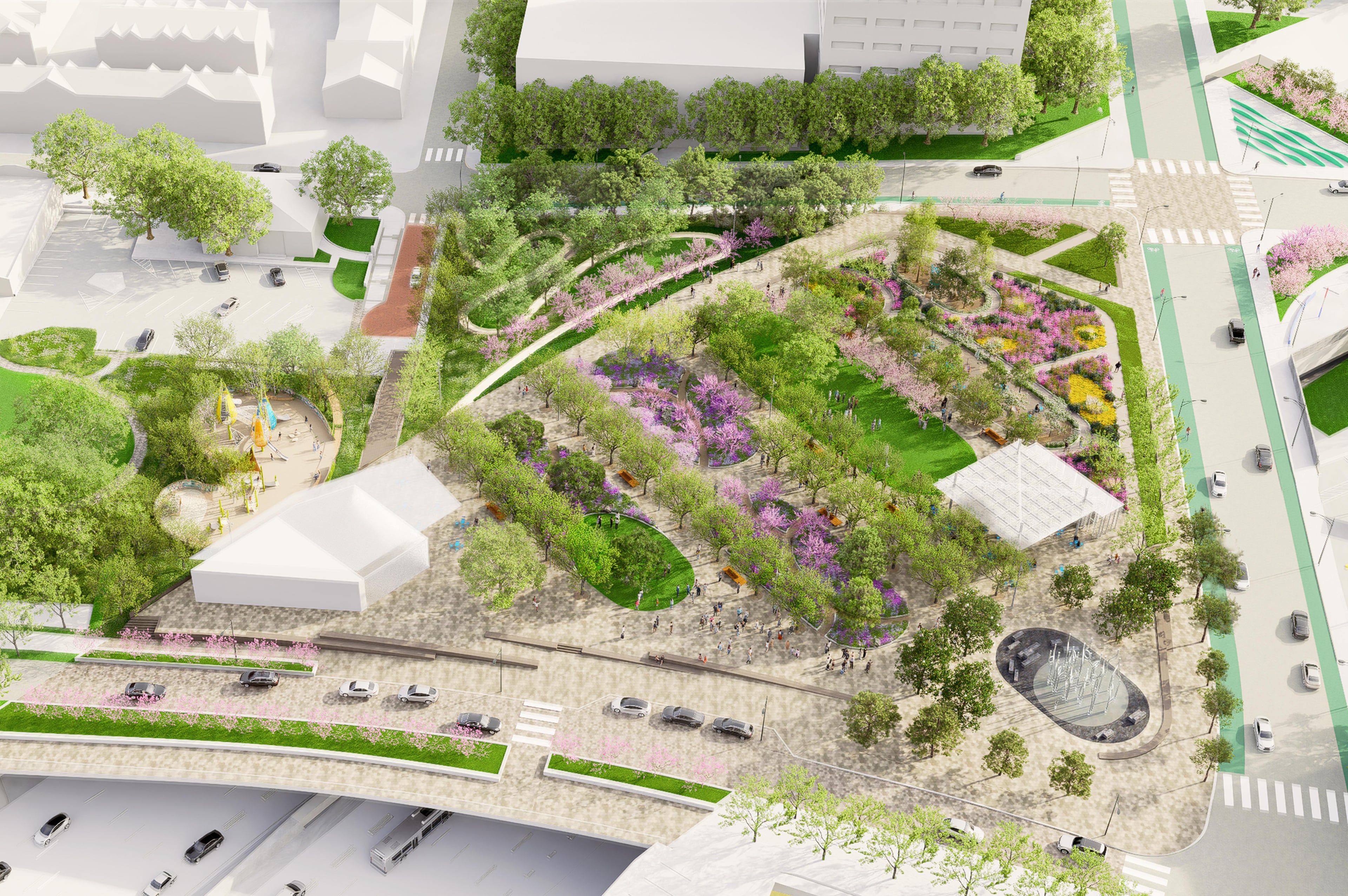Though Braves may be out of the running, why rest of the season still matters

The season has gotten away from the Braves even before the All-Star break. Going into Tuesday’s game against the Athletics at 39-50, 9.5 games out of the last wild-card playoff spot and needing to pass six teams to get there, the Braves have gone a long way toward taking themselves out of the running for an eighth consecutive postseason berth.
But that doesn’t mean that the remainder of the season is for naught. The Braves have a lot to figure out over the next three months. And those answers could shape what happens next once the season ends.
Principally, what is the truth about their offense?
Can the Braves be something approaching the juggernaut that they were in 2023, or are they more like their 2024 regression?
The Braves were historically productive in 2023, tying the MLB record for home runs in a season (307) and setting the record for slugging percentage (.501).
But they fell back in 2024, hitting 213 home runs (fourth in MLB) and slugging .415 (ninth). The Braves counted on improvement in 2025, but through 89 games, progress has eluded them.
Through Monday’s games, they were 18th in home runs with 92 (on pace for 167, which would be a 22% decrease from 2024). The Braves were slugging .381, which was 23rd in MLB before Tuesday’s games.
Just as critically, they were 18th in batting average with runners in scoring position at .241, not much different from the .247 they hit in 2024, a performance that prompted the dismissal of longtime hitting coach Kevin Seitzer. (The team hit .266 in 2023 with RISP, which was 10th in MLB.)
They’re not going to set MLB records every year. But is this an elite offense or merely an average one?
The Braves and new hitting coach Tim Hyers have three months to show that a lineup stocked with six Silver Slugger winners (Ronald Acuña Jr., Ozzie Albies, Matt Olson, Marcell Ozuna, Jurickson Profar and Austin Riley) is more than what it has shown.
If the Braves can play closer to their ceiling, then there’s less to worry about going into 2026.
But if they continue to scuffle, then president of baseball operations and general manager Alex Anthopoulos has some hard decisions to make.
For one thing, it could be the end of Hyers’ time with the Braves, particularly if 69-year-old manager Brian Snitker decides to call it a career after 49 years with the organization.
Also, what do the Braves do if Albies and center fielder Michael Harris II continue to hit well below their career levels?
The Braves have club options for the 28-year-old Albies for 2026 and 2027 at $7 million annually but can buy out his contract for $4 million. Given his history of performance — he is a three-time All-Star — it would seem wise to give him the chance to recover from a disappointing 2025 season. It’s possible his fractured wrist injury from 2024 is still hampering his play. But it might also be that, after a series of injuries, there isn’t much left in the tank.
Harris, who is under contract through 2030, would seem to also have earned the chance for a reset in 2026. He is a brilliant defender. But his performance at the plate has steadily eroded since his National League Rookie of the Year season in 2022. He is quite arguably the least effective hitter among all everyday players in the majors this season.
It would be helpful for the Braves — not to mention the 24-year-old Harris — if he could show significant progress the rest of the way. (In his career, Harris has performed better in the second half by a wide margin.)
Here’s one problem that would address. The Braves probably aren’t eager to give up the defensive excellence of shortstop Nick Allen in favor of a bigger bat. It would be much easier for the Braves to absorb Allen’s limited offensive pop if they knew that Albies and Harris could be counted on to produce as they have over the course of their careers.
But if Albies and Harris don’t show much reason for confidence in the next three months, then that creates a lot more uncertainty. For instance, what do the Braves do with Harris and his lengthy contract (he’s in the third year of an eight-year, $72 million deal) if he’s not a feasible option as the starting center fielder?
Riley, the team’s highest-paid player with a 10-year, $212 million deal, would also do well to pick up his pace. He’s not having a bad year, necessarily. But his OPS as of Tuesday afternoon was 10th among qualified third basemen. (He was first in 2021, fourth in 2022 and first in 2023.) Like Harris and Albies, Riley has plenty of at-bats left in the season, but his performance to this point is not the expectation.
There are plenty of reasons to be optimistic about the 2026 Braves. Starting pitchers Chris Sale, Spencer Schwellenbach and Reynaldo López should all be healthy after encountering injury this season. Spencer Strider will be further distanced from his elbow surgery. A.J. Smith-Shawver could be back from Tommy John surgery. Reliever Joe Jiménez, a linchpin of the 2024 bullpen who has missed the entire year recovering from knee surgery, should also be ready to go.
With the exception of Ozuna, a pending free agent, the core of the lineup will be under contract. (Which is another question: The designated hitter surely would like to stay. But will he do enough to merit re-signing? His performance has nosedived since the start of June, possibly because of a hip injury that he is playing through.)
There’s plenty for the Braves to feel good about. But the next three months will go a long way toward determining the degree.



